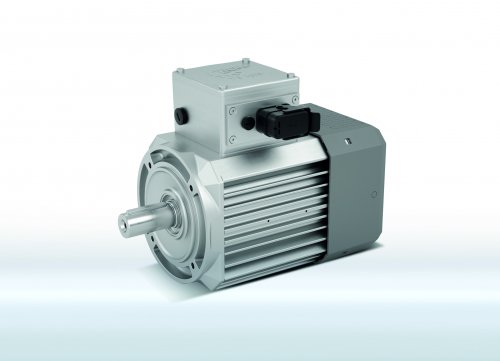Geodis has promoted Anthony Jordan to the role of Executive Vice President (EVP) and Chief Operating Officer (COO) of the Americas region.
An industry veteran with more than 35 years of experience, Jordan is appointed EVP and COO after serving most recently as Senior Vice President and Head of Market Line Operations for Geodis in Americas. Jordan has dedicated the past 15 years of his career at Geodis in various senior-level positions.
“Throughout Anthony’s 15-year tenure at Geodis, he has proven himself as a true logistics professional who has played an instrumental role in supporting our company’s growth,” said Mike Honious, Geodis in Americas President & CEO. “Since his start at Geodis, Anthony has been an integral team member responsible for cultivating impactful customer relationships, and his experience and vision will be critical to the continued success of the company as we move into the future.”
Jordan began his career at Geodis in 2005 as the Director of Customer Care where he led critical initiatives such as its customer satisfaction survey, net promoter score and quarterly business reviews across key accounts. In 2010, he was promoted to Vice President of Account Management. Among his many accomplishments, he was responsible for implementing its Customer Relationship Management Program to maintain and enhance its client service capabilities.
In 2013, Jordan was promoted to Senior Vice President of Contract Logistics Operations where he oversaw the design and implementation of customized logistics solutions from production and warehousing to distribution to the final customer. Prior to his promotion as EVP and COO, Jordan served as Senior Vice President and Head of Market Line Operations where he developed and executed strategies to optimize key accounts utilising multiple Geodis sites across its vast network.
In his new role, Jordan will be responsible for developing the strategic vision and providing operational leadership across Geodis in Americas. Leveraging his expertise, Jordan will continue developing strategies to further grow the company’s high level of customer service.
Prior to joining Geodis, Jordan spent 18 years in similar industry positions at FedEx Supply Chain. He earned his Bachelor of Science degree from the University of Memphis in Tennessee.






